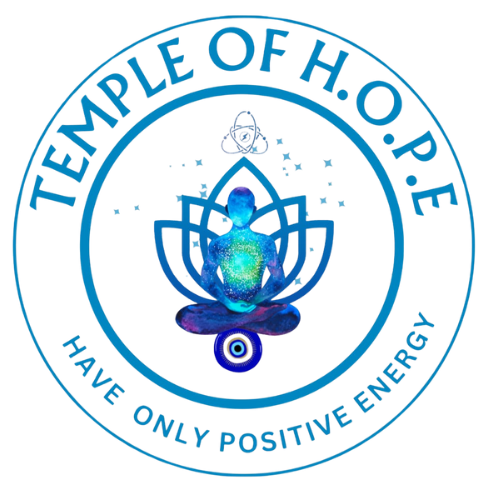The concept of love, while timeless in its essence, has evolved significantly over time. From the traditional notions of courtship and romance to the modern interpretations influenced by New Age philosophies, the way we understand and experience love has undergone profound changes. In this blog, we explore the contrasts and similarities between love in the New Age and traditional viewpoints, delving into how societal, cultural, and spiritual shifts have shaped our perception of this most fundamental human emotion.
Traditional Views on Love:
Historically, love has often been intertwined with social and cultural norms. Traditional views on love emphasized roles, responsibilities, and societal expectations.
Marriage and Family: Love was often seen as a gateway to marriage, which itself was a means of securing familial and social stability.
Romantic Ideals: Influenced by literature and art, traditional love often embraced the ideals of chivalry, devotion, and enduring passion.
Community and Social Bonds: Love was not just a personal affair but a communal one, often involving family and community in the choice of a partner.
Love in the New Age:
The New Age movement, with its focus on spiritual exploration and individualism, has introduced a different perspective on love.
Spiritual Connection: New Age love often emphasizes a deep spiritual connection, believing that love transcends physical and emotional planes.
Self-Love and Individual Growth: There's a significant focus on self-love and personal development, with the belief that one must love themselves before they can truly love another.
Soulmates and Twin Flames: Concepts like soulmates and twin flames are prevalent, suggesting predestined, profound connections that foster personal and spiritual growth.
Comparative Analysis:
Roles and Freedom: Unlike traditional views which often assigned specific roles based on gender, New Age love is more about personal freedom and less about societal roles.
Nature of Commitment: Traditional love often views commitment as a lifelong bond sanctified by marriage, while New Age love may see commitment as a flexible, evolving agreement based on mutual growth and understanding.
Expression of Love: Traditional love expressions were often formal and ritualistic, while New Age love encourages more open, transparent, and varied forms of expression.
Challenges and Adaptations:
Both traditional and New Age love have their challenges. Traditional love can sometimes be restrictive, while New Age love might struggle with the lack of defined boundaries. The ideal approach could be a blend of both, embracing the stability and commitment of traditional love with the spiritual and individual growth focus of New Age love.
Conclusion:
The evolution of love from traditional to New Age reflects broader changes in society and human consciousness. While each approach offers unique insights, the core essence of love remains constant – it's a powerful force that connects, nurtures, and transforms us. Understanding different perspectives on love can enrich our own relationships and help us navigate the complex landscape of human emotions.
Reflect on your own views of love. How do they align with traditional and New Age perspectives? Share your thoughts and experiences in the comments below and join the conversation about this ever-evolving emotion.
News
Love in the New Age vs. Traditional: A Comparative Exploration





